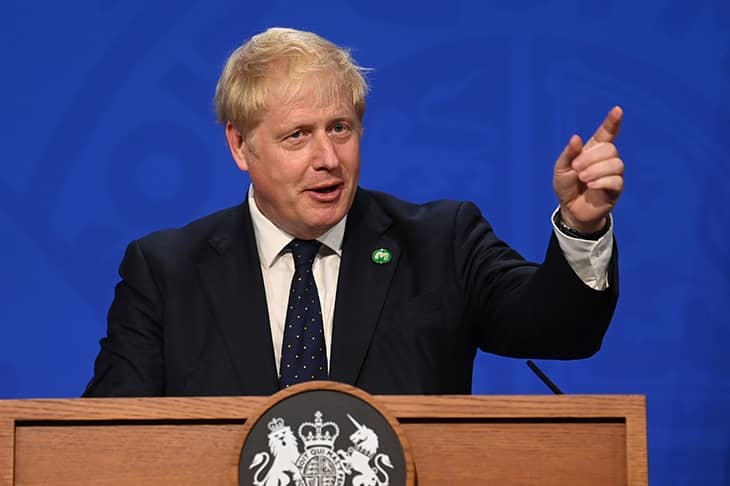For 18 months, the government has held power over us as never before in peacetime. The emergency powers granted by parliament in March last year can cancel our events, separate families and send us back into our homes. The argument for giving politicians this kind of control was that leaders needed to make huge decisions at short notice because an invisible enemy was surging through Britain and posed a deadly threat to our elderly and vulnerable. There was no time for proper democratic debate or scrutiny.
That emergency has passed, but the government wishes to keep the powers. What’s the case for doing so? Vaccines have significantly weakened the link between Covid infections and severe illness. Hospital occupancy remains on track with or even below the most optimistic Sage scenarios. In these circumstances, the government should need a very good reason if it is to be allowed to extend these powers, which would pave the way for more school closures, restrictions and even further lockdowns.

Get Britain's best politics newsletters
Register to get The Spectator's insight and opinion straight to your inbox. You can then read two free articles each week.
Already a subscriber? Log in






Comments
Join the debate for just £1 a month
Be part of the conversation with other Spectator readers by getting your first three months for £3.
UNLOCK ACCESS Just £1 a monthAlready a subscriber? Log in